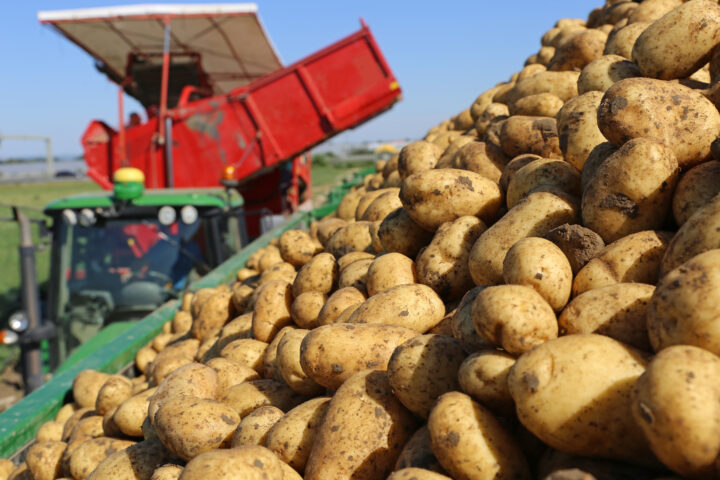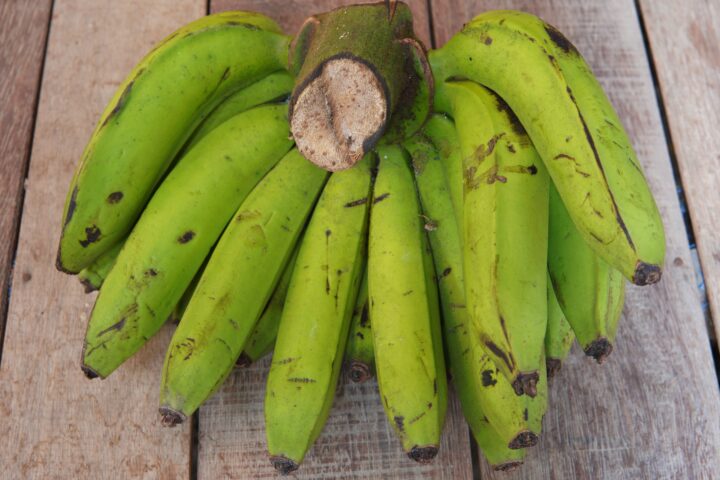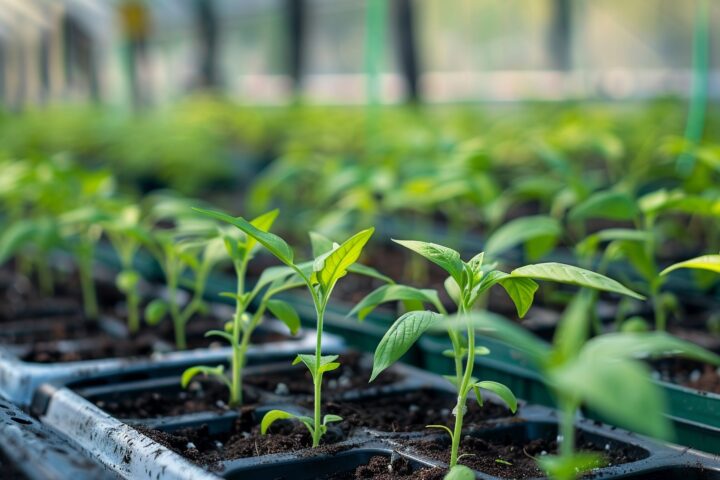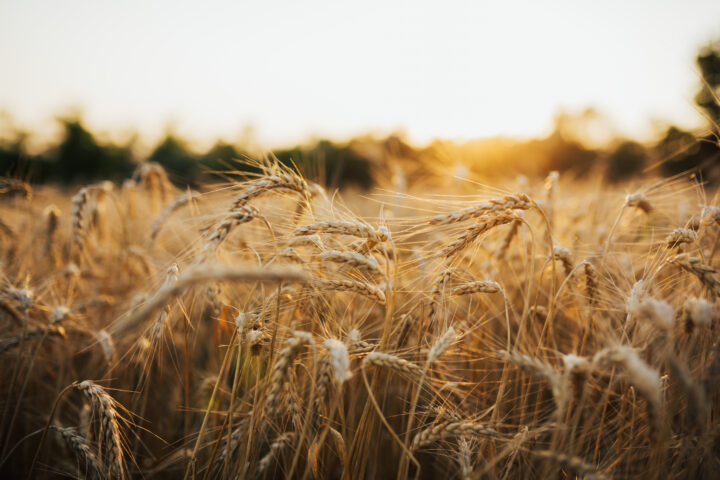Ernährung: Gehört der grünen Genschere die Zukunft?
Tuesday, March 26, 2024
Related articles

Potato farmers want robust varieties
As the use of pesticides is to be massively reduced, the potato industry now wants to focus on more robust varieties. The industry has even concluded a target agreement with the federal government. This is ambitious: By 2040, robust varieties are to thrive on 80% of potato cultivation areas.

How genetic engineering is saving the Cavendish banana
The most popular banana variety - the so-called Cavendish banana - could soon disappear due to a persistent fungus. Australian researchers have developed a solution based on genetic engineering.

Nutrition: Does the future belong to the green gene scissors?
New plant varieties contribute to security of supply. The new breeding methods known as "gene scissors", such as Crispr, have the potential to revolutionise agriculture and nutrition.

Will this field trial revolutionise barley production?
Switzerland's first field trial using plants from new breeding technologies will start this spring in Zurich. Specifically, the aim is to breed a spring barley that produces more grains per ear. If the trial works, the technology is likely to be of great interest to Swiss agriculture.

